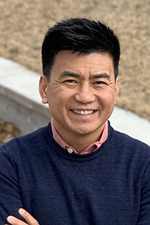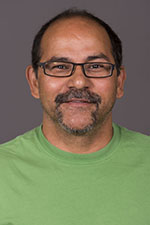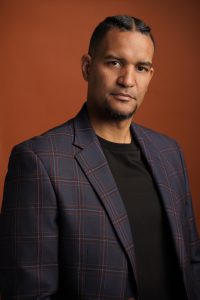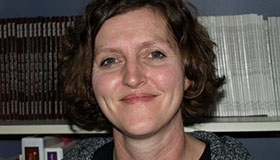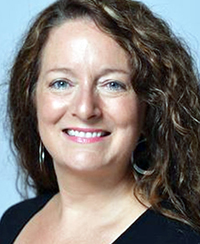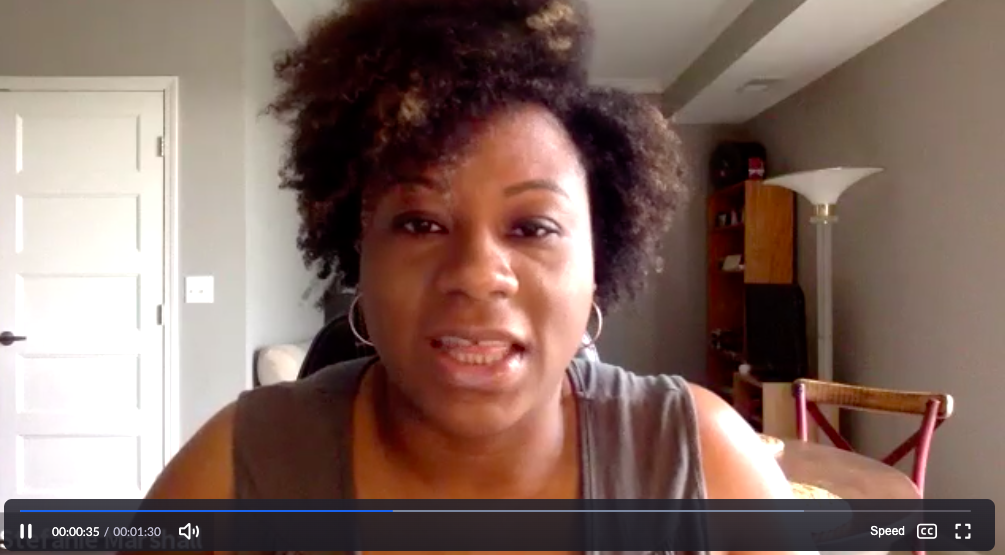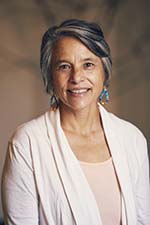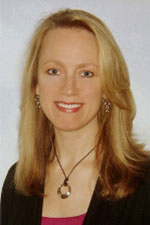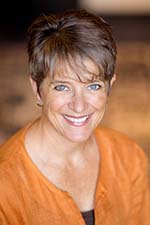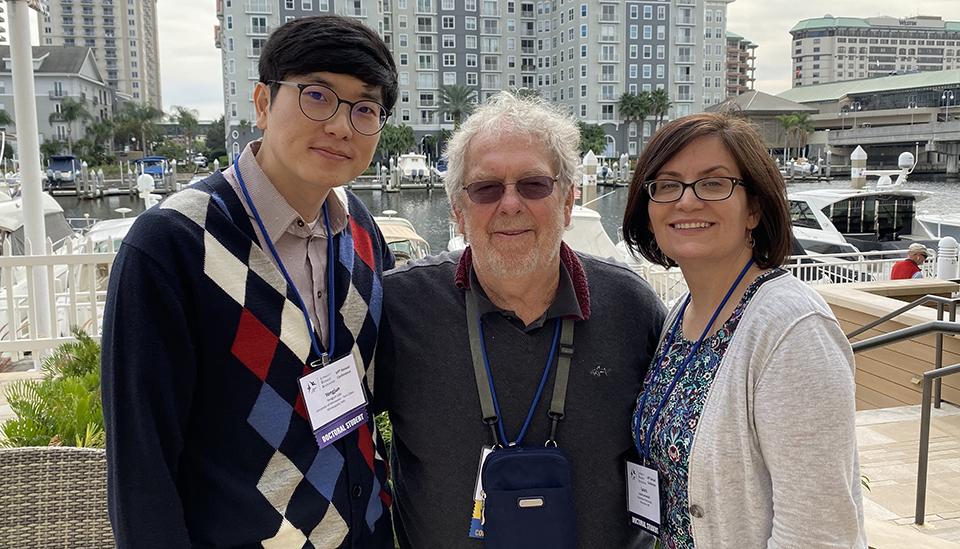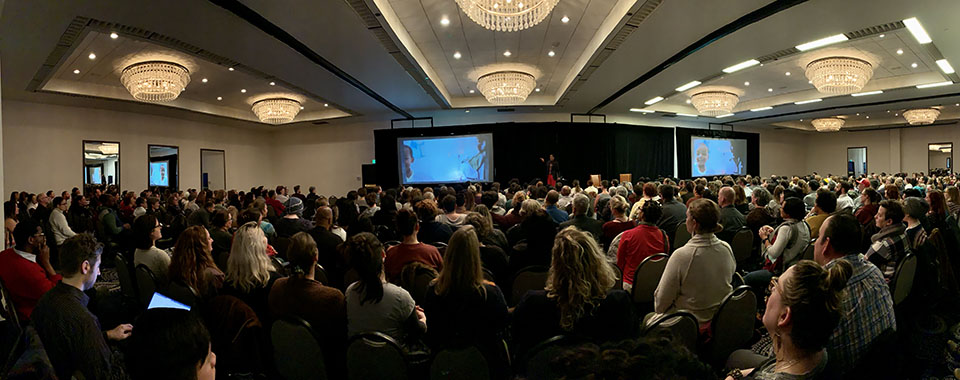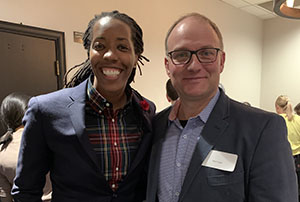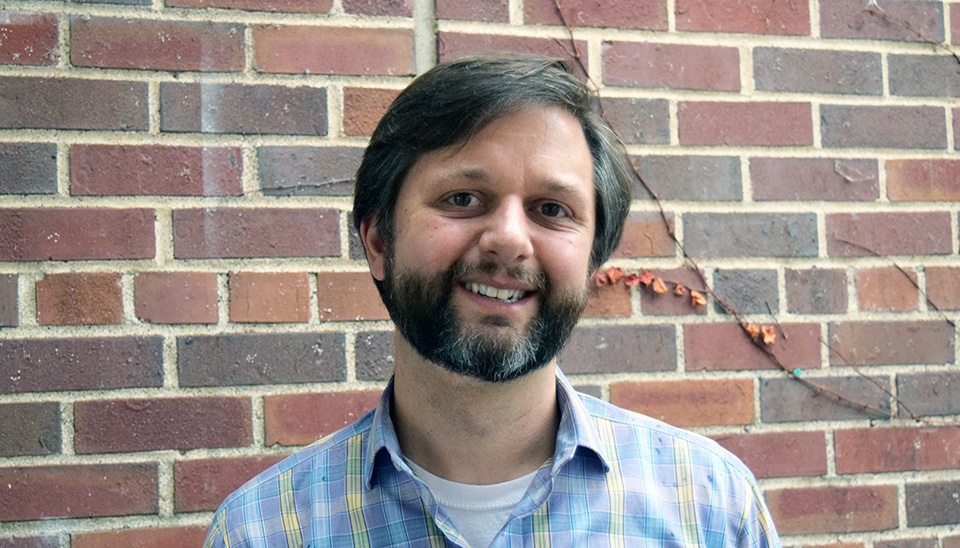C&I Professor of Elementary Education and Department Chair, Mark Vagle, made a statement to the Professional Educator Licensing and Standards Board (PELSB) on November 8 about a proposed rule that would make it difficult for current and future teacher educators to teach pre-service teachers. Please share this statement widely and find out how to submit feedback to PELSB below. Your voice matters!
PELSB
Board Chair and Members, Executive Director Alex Liuzzi and Rule Making
Specialist Michelle Hersh Vaught,
Thank
you for the opportunity to speak today regarding R 4576 Subpart 5: Standards
for Teacher Educators, with a particular focus on Standards 22 & 24.
My
name is Mark Vagle—and I am the Chair of the Department of Curriculum &
Instruction and a Professor of Elementary Education at the University of
Minnesota.
I
spent most of my childhood in Northwestern Minnesota. Although I grew up working
class in the most impoverished county in the state, I have always had my
privileged whiteness, my privileged maleness, my privileged heterosexuality, my
privileged able-bodiedness, and my privileged English as my first language. I
now also have my privileged upper middle classness.
Under current and proposed rule for Standards for Teacher Educators, I am and would be qualified to teach elementary methods given my six years teaching and advanced degrees. However, a number of my colleagues, all of whom are currently qualified, would not—especially some of my colleagues of color. (I will send documentation to this end following this meeting).
As
has been widely publicized (even on billboards) our racial achievement gap is
the worst, or way too close to the worst, in the country.
And
as Chair of a department that is committed to
promoting social justice and dismantling racial, socioeconomic, gender and
language injustices in education, I do not want recruit and retain more of me.
We have enough of me. I want to recruit and retain more teacher educators of
color.
I want to recruit and retain teacher
educators such as Bettina Love, author of this book, We
Want to Do More Than Survive: Abolitionist Teaching and the Pursuit of
Educational Freedom.
In fact, I hope you will be able to come to her public talk about this book next Wednesday evening at 7:00 at the Graduate Hotel at the U of M. [This event has passed]. You will hear a strong, smart, insightful, queer black woman help us see that it is not enough for folks like me to be allies—we must be co-conspirators in dismantling all the –isms.
I want way more Bettina
Love’s teaching future teachers. However, Bettina Love
would most likely not qualify to teach elementary methods under the proposed
Standard 24—but she would be the exemplar, the gold standard for Standard 22,
which as you know focuses specifically on recruiting and retaining teacher
educators with diverse backgrounds and experiences including racially and
ethnically diverse teacher educators.
I
LOVE THIS STANDARD. DON’T CHANGE STANDARD 22
Standard
24. Well, I am concerned that although not its intent, the effect of increasing
the teacher of record experience from 1 to 3 years will make Standard 22 very
difficult, if not impossible, for us.
And
Standard 22 is what is going to help us no longer be at the very bottom of the
racial achievement gap—not Standard 24.
We
need more teacher educators of color, which will help us recruit and retain
more teacher candidates of color, which will put more teachers of color in
classrooms. This is good for ALL students, and especially our students of
color.
At a recent event, one of our Black female teacher candidates, A’nia-Nicole Rae, shared that one of our Department’s black female professors was the first black teacher she ever had in all of her schooling—kindergarten through her bachelor’s degree.
She
said she wept as she left class after the first session.
This
is unacceptable.
This
cannot continue to be the case in this great State.
Please.
Please revise Standard 24 to allow much more flexibility and spaciousness with
regard to years as teacher of record.
I am Mark Vagle. I am privileged on all social
markers of identity. I would easily qualify under the
proposed rule. And again, we have plenty of Mark
Vagle’s.
We need way more Bettina Love’s. Please join me in co-conspiring.
Thank
you.
Mark D. Vagle, PhD
To comment on Standard 24, mention R 4576 Subpart 5: Standards for Teacher Educators, #24, email Michelle Vaught, Michelle.Vaught@state.mn.us and post on the admin website that is currently accepting feedback. Your voice matters!
If you have questions, email the Office of Teacher Education, ote@umn.edu.


